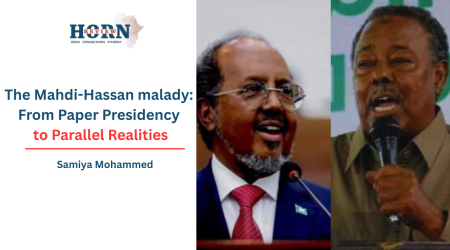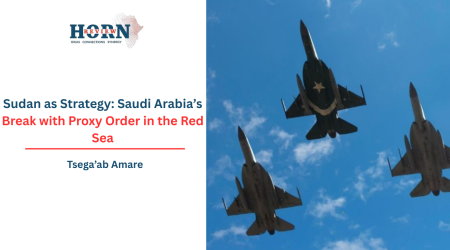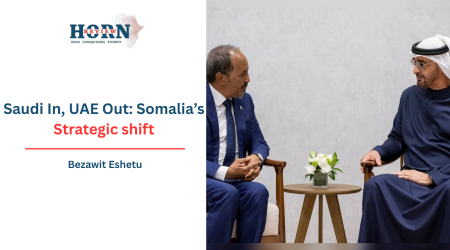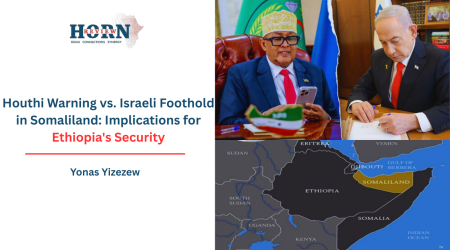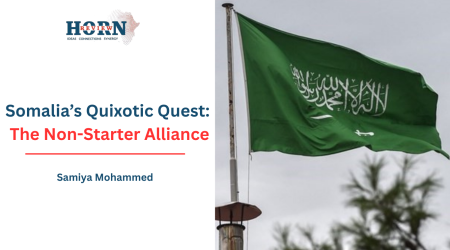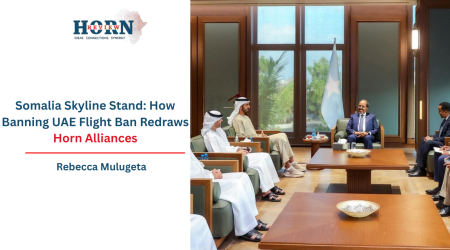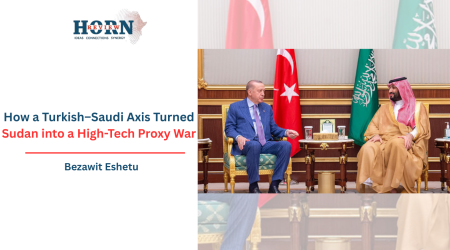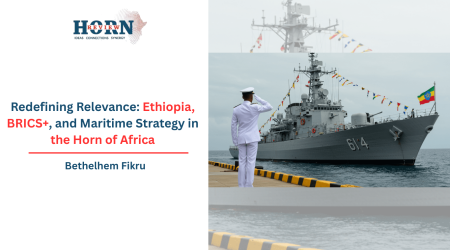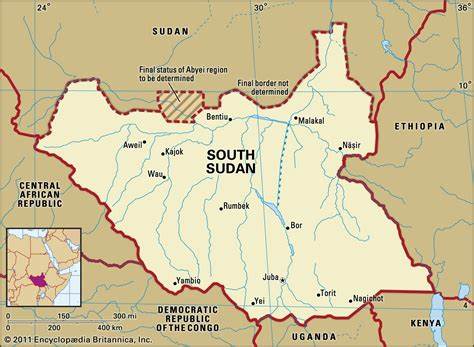
9
Apr
South Sudan: A Nation on the Brink- Triumph or Tragedy?
South Sudan, the world’s youngest nation, boasts abundant natural wealth, including vast oil reserves, fertile agricultural land, and substantial freshwater resources. Despite these advantages, the country remains ensnared in profound socio-political and economic turmoil. Landlocked and heavily dependent on its neighbors for oil exports, South Sudan faces significant structural challenges that hinder its development. With a population exceeding 12 million and home to more than 60 ethnic groups, it is a nation of remarkable diversity yet fraught with deep-seated divisions.
The road to South Sudan’s independence in 2011 was paved with decades of struggle. Rooted in the marginalization and exploitation inflicted by the northern Sudanese government, the southern region endured systemic political, economic, and cultural suppression. Northern Sudan, predominantly Arab and Muslim, sought to impose its cultural and religious hegemony over the South, igniting fierce resistance. Although the 1972 Addis Ababa Agreement briefly granted limited autonomy, the subsequent resurgence of oppression—particularly under the rule of Omar al-Bashir—plunged the region into renewed conflict. The atrocities committed, notably in Darfur and South Sudan, were widely condemned as genocide, galvanizing international support for the Sudan People’s Liberation Army (SPLA) and culminating in the Comprehensive Peace Agreement (CPA) of 2005. Brokered with the assistance of IGAD and Kenya, the CPA ended the second civil war and set the stage for South Sudan’s self-determination.
However, the implementation of the CPA proved contentious. A major source of friction was the division of oil revenues, which the agreement stipulated should be shared between the North and South. Unresolved territorial disputes, such as the violent clashes over Abyei in 2008—displacing more than 25,000 people—exacerbated tensions. Despite these challenges, overwhelming public sentiment in South Sudan favored secession. In the 2011 referendum, an overwhelming majority voted for independence, leading to the official birth of the Republic of South Sudan on July 9, 2011. The euphoria of newfound sovereignty was palpable, as hope surged for a prosperous and peaceful future.
Yet, the nascent nation soon found itself ensnared in internal strife. The absence of a cohesive national vision and deep-rooted ethnic tensions culminated in a brutal civil war in December 2013. A political rift between President Salva Kiir and his former deputy, Riek Machar, devolved into full-scale violence. Accusations of a coup attempt led to Machar’s dismissal, sparking intense clashes between the Dinka—loyal to Kiir—and the Nuer, who supported Machar. The ensuing conflict engulfed the regions of Jonglei, Upper Nile, and Unity, resulting in thousands of deaths and the displacement of millions. The fragile peace of the young nation crumbled, exposing its vulnerability to instability.
Amid the devastation, the 2018 Revitalized Peace Agreement, signed in Addis Ababa and mediated by IGAD, offered a glimmer of hope. International observers hailed the accord as a critical step towards national reconciliation and reconstruction. However, the fragility of this peace remains evident. The recent decision to place Vice President Riek Machar under house arrest violates the power-sharing provisions of the agreement, rekindling fears of renewed conflict. With tensions simmering, South Sudan teeters on the precipice of another civil war, threatening to unravel the painstaking efforts toward stability.
South Sudan’s tumultuous journey underscores the broader challenges confronting African nations grappling with weak governance and protracted conflicts. The nation’s plight is not only a testament to internal leadership failures but also an indictment of regional organizations that have faltered in enforcing peace accords. The crisis serves as a cautionary tale, highlighting the urgent need for political leaders to place national unity above personal ambition and for regional bodies to ensure the effective implementation of peace agreements.
The suffering endured by the South Sudanese people necessitates a recommitment to the principles of the peace agreements that promised a new dawn of stability and cooperation. Only through sincere dialogue, accountability, and reconciliation can the leadership of South Sudan begin to restore trust among its citizens and construct a foundation for sustainable development. As the nation stands at a crossroads, its fate remains uncertain: will it succumb to the cyclical failures of conflict, or will it emerge as a resilient beacon of hope for a continent yearning for enduring peace? The answer lies in the choices made by its leaders and the collective will of its people to transcend the shadows of history.
By Yabsira Yeshiwas, Researcher, Horn Review

